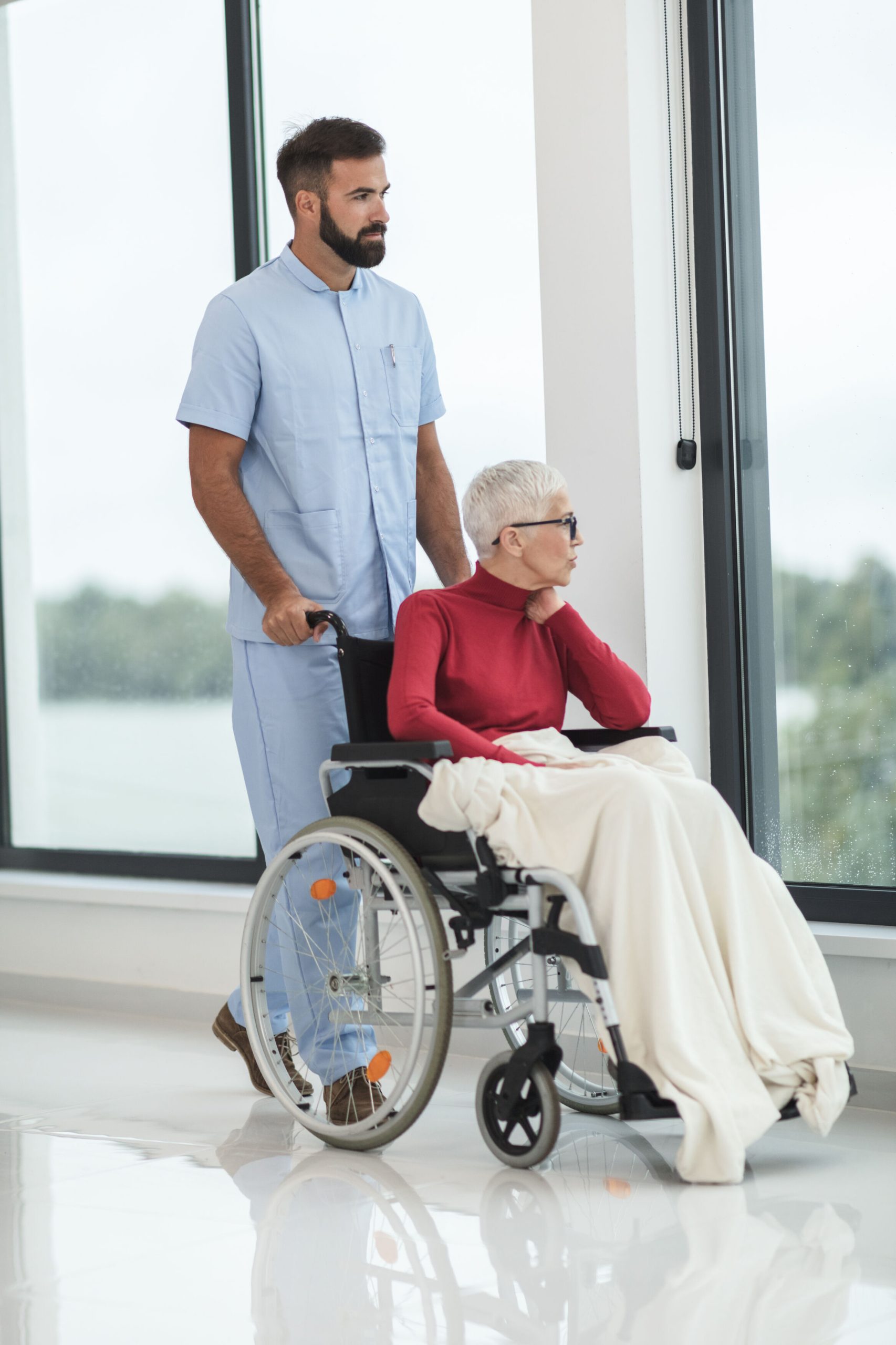Chapter 24: Older Adults

Chapter Outline
The fastest-growing portion of the population, older adults, will call for nurses and other health-care professionals with specialized training to meet their needs. A holistic approach to nursing care for the older adult population is necessary to address the physical, psychological, social, and economic factors that affect the health of older persons. People age differently, so there are variations in older adults’ physical, psychological, and cognitive health. Even though aging is associated with typical physiological changes, many people disregard symptoms by incorrectly attributing them to age. For instance, many older persons misunderstand the pain associated with arthritis and wrongly think it is a natural part of becoming older. As a result, they do not seek treatment, which results in a reduction in physical activity and an increased risk of acquiring chronic disease. Older clients can benefit from receiving specialized nursing care and client education that will help them take charge of their health.
Media Attributions
- Elderly woman in wheelchair with caregiver
